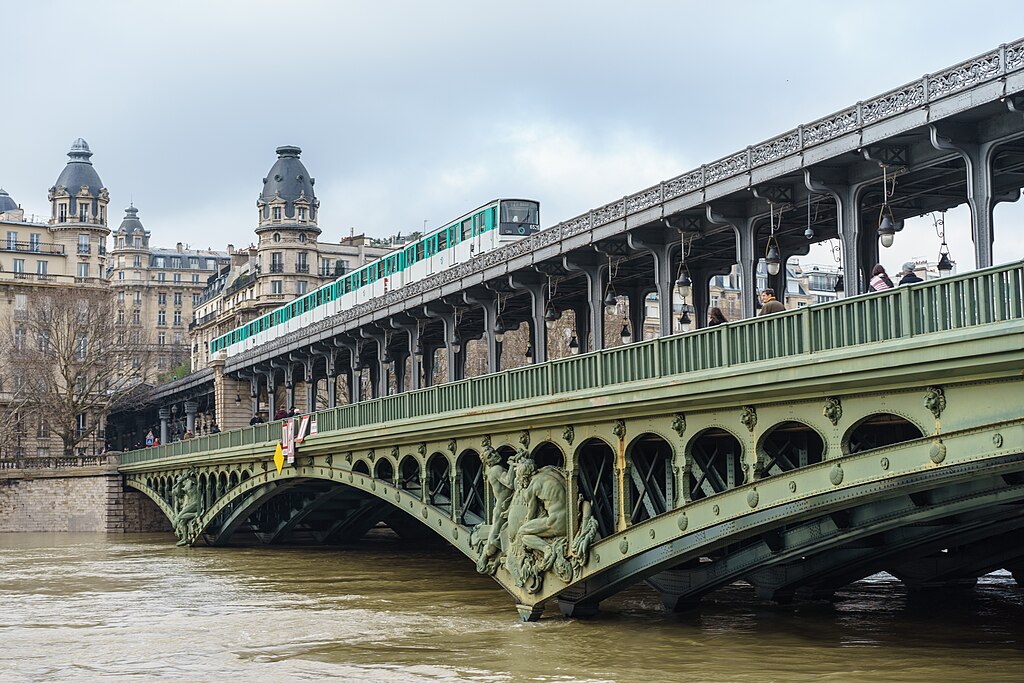The 7 Most Scenic Bridge Walks in Paris
Few cities in the world have as many iconic bridges as Paris, each with its own story and significance. Here are 10 of the most famous and historically important bridges in the heart of the city.
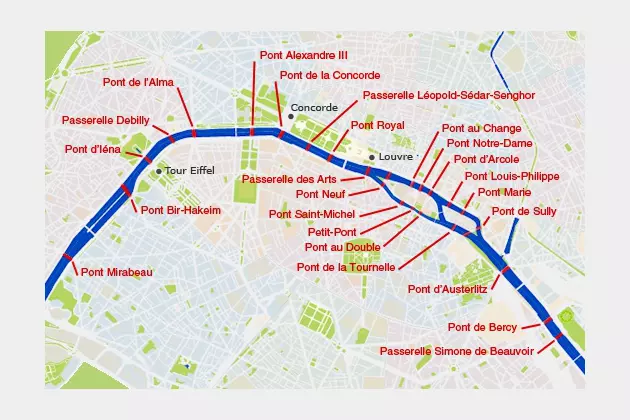
1. Pont Neuf
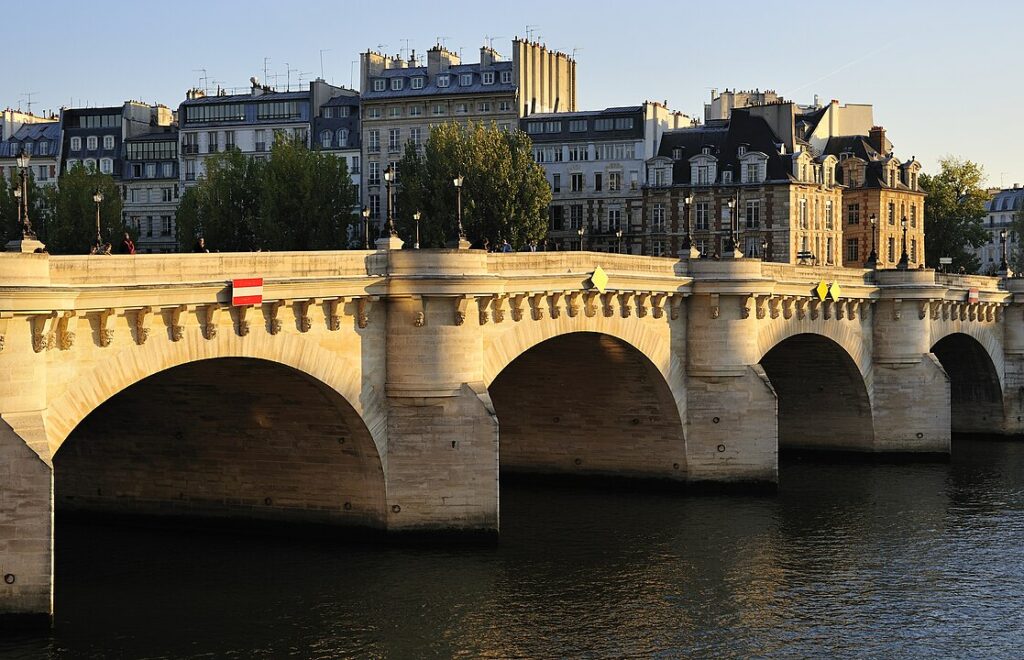
Pont Neuf, completed in 1607, is the oldest bridge in Paris. It was the first bridge designed without houses, marking a shift in urban planning. The bridge became a lively social hub in the 17th century, with markets, performers, and gatherings. Its construction helped shape modern Paris by connecting key parts of the city.
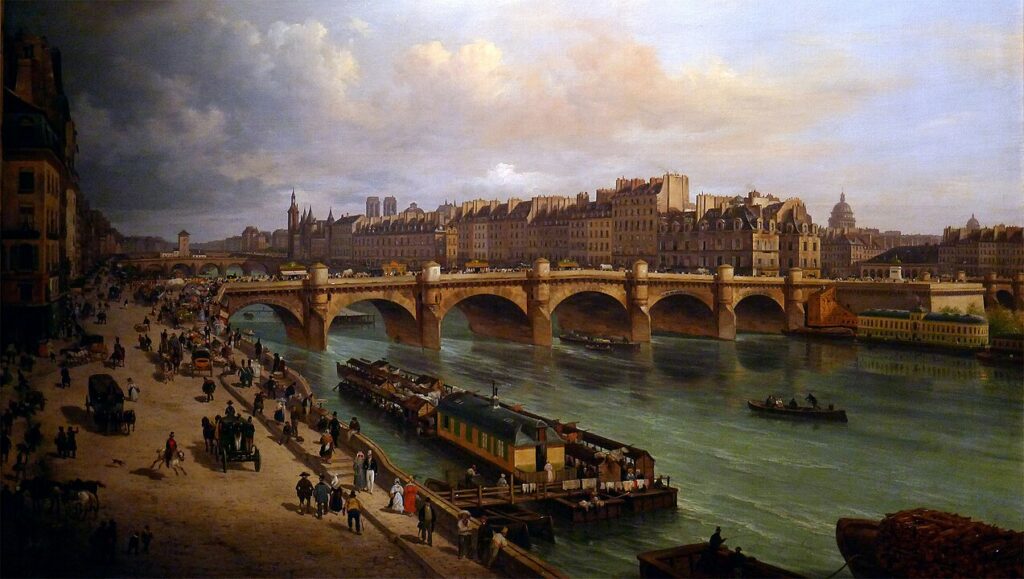
2. Pont Marie
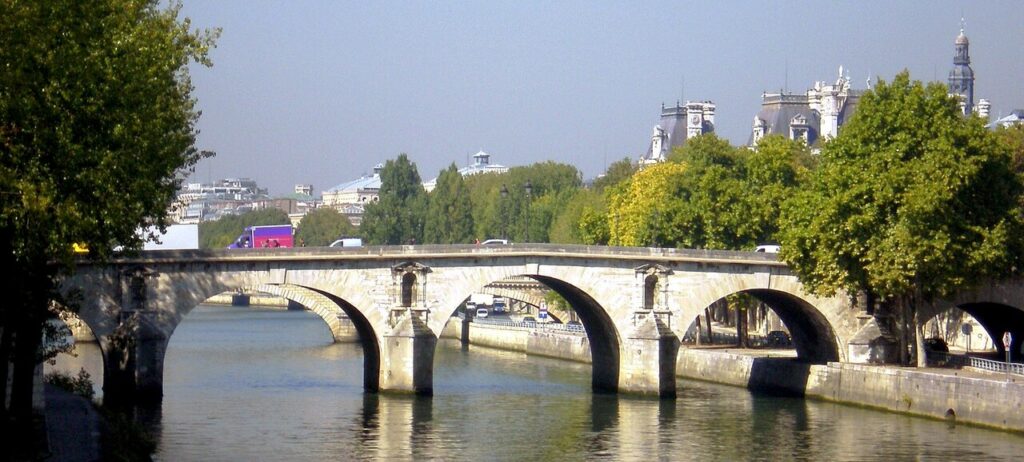
Pont Marie, built in the 1600s, connects Île Saint-Louis to the Right Bank. Named after its engineer, Christophe Marie, it helped shape the island. Visitors love it for its peaceful views of the Seine and nearby islands. It’s a popular tourist sight due to its charming arches and quiet atmosphere.
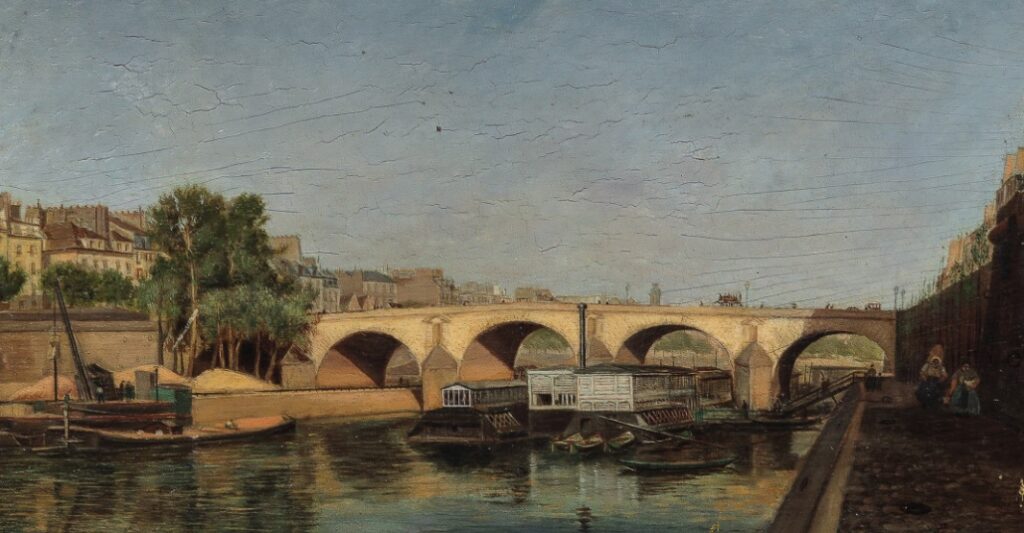
3. Pont Royal
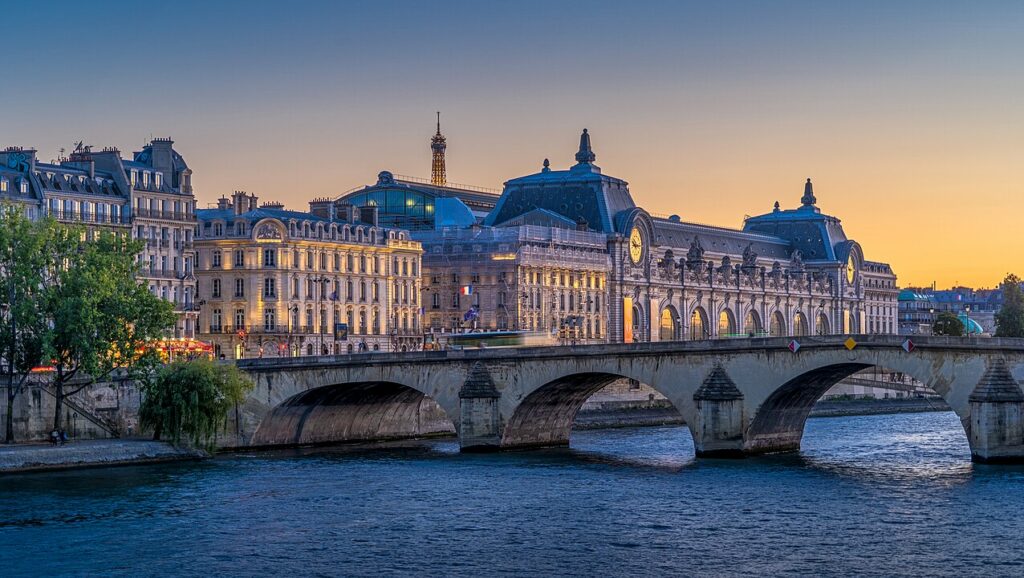
Completed in 1689 by order of King Louis XIV, Pont Royal is the third oldest bridge in Paris. It was built to replace a wooden bridge destroyed by floods. The bridge played a key role in connecting the royal palace (now the Louvre) to the Left Bank, becoming an important route in the city.
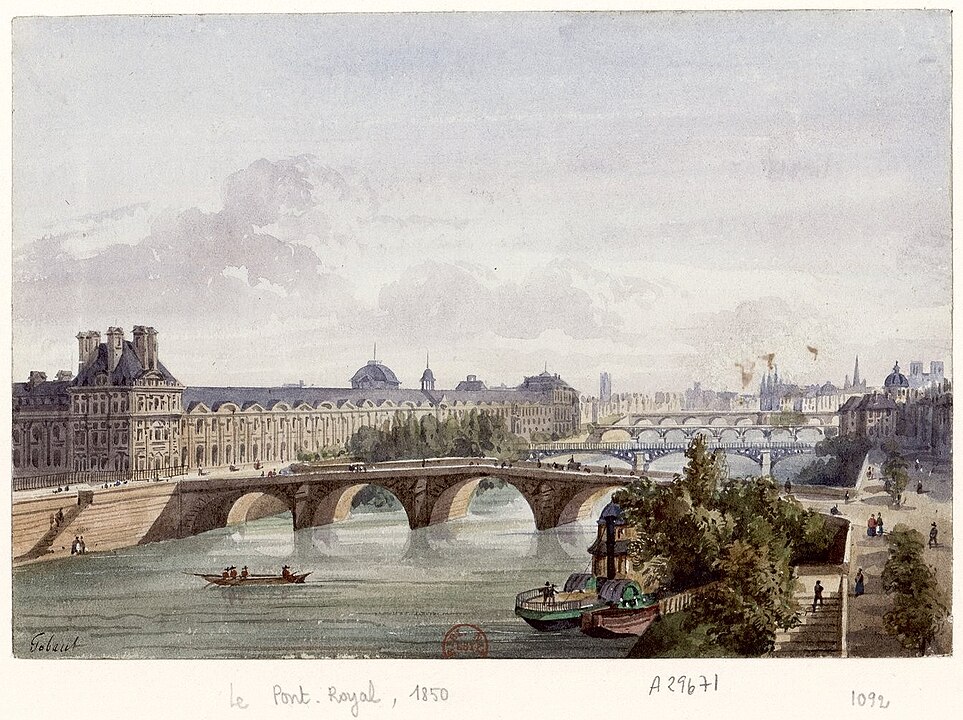
4. Pont des Arts
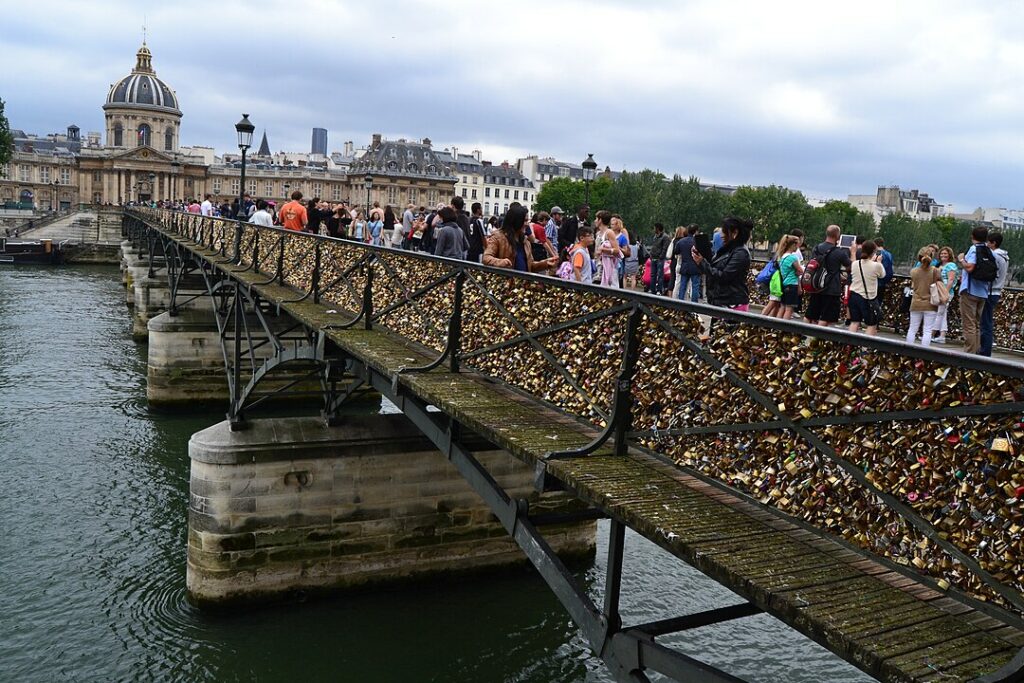
Built between 1802 and 1804, Pont des Arts was the first iron bridge in Paris. It connects the Louvre to the Institut de France. Originally a pedestrian bridge, it became famous for “love locks” left by couples – though these were removed in 2015.
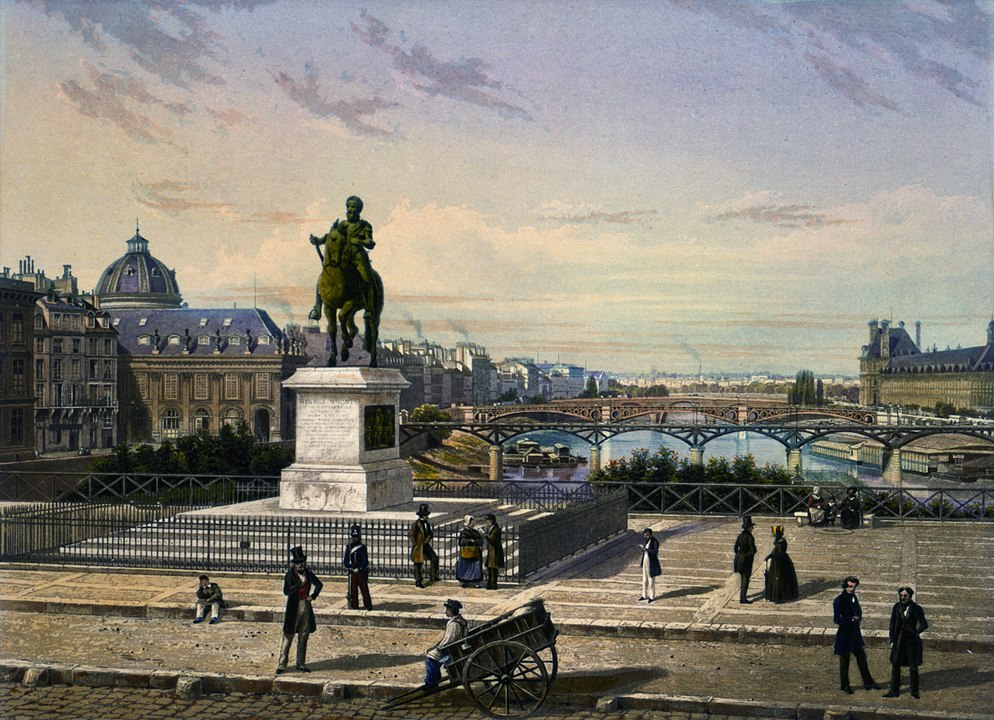
5. Pont de la Concorde
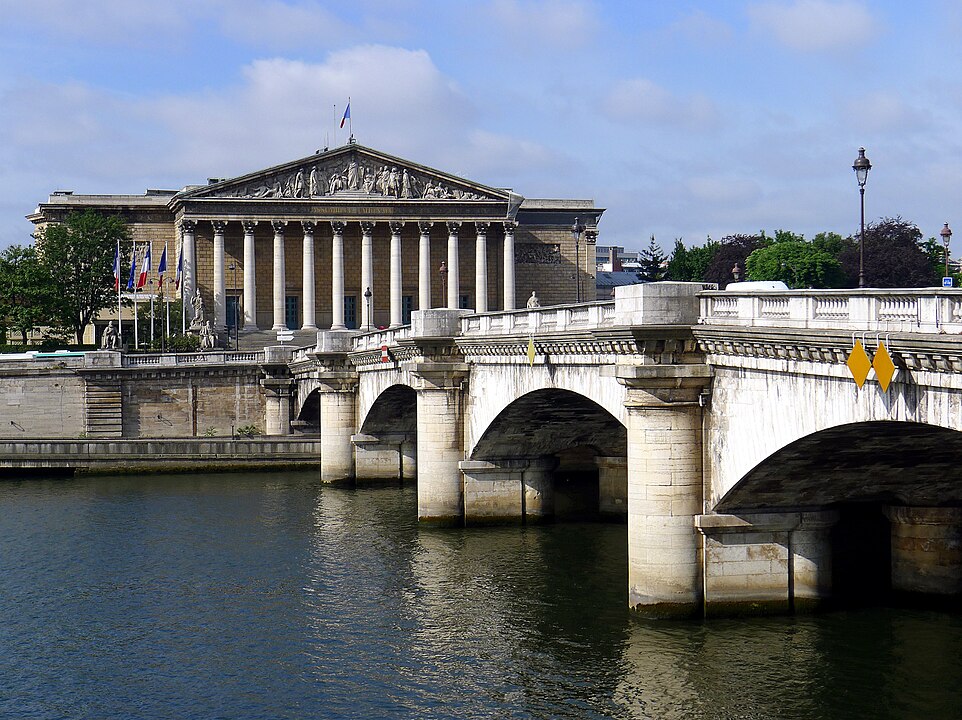
Built between 1787 and 1791, this bridge connects Place de la Concorde to the French National Assembly. It was constructed using stones from the demolished Bastille prison during the French Revolution. The bridge offers views of iconic Paris landmarks like the Eiffel Tower and the Champs-Élysées.
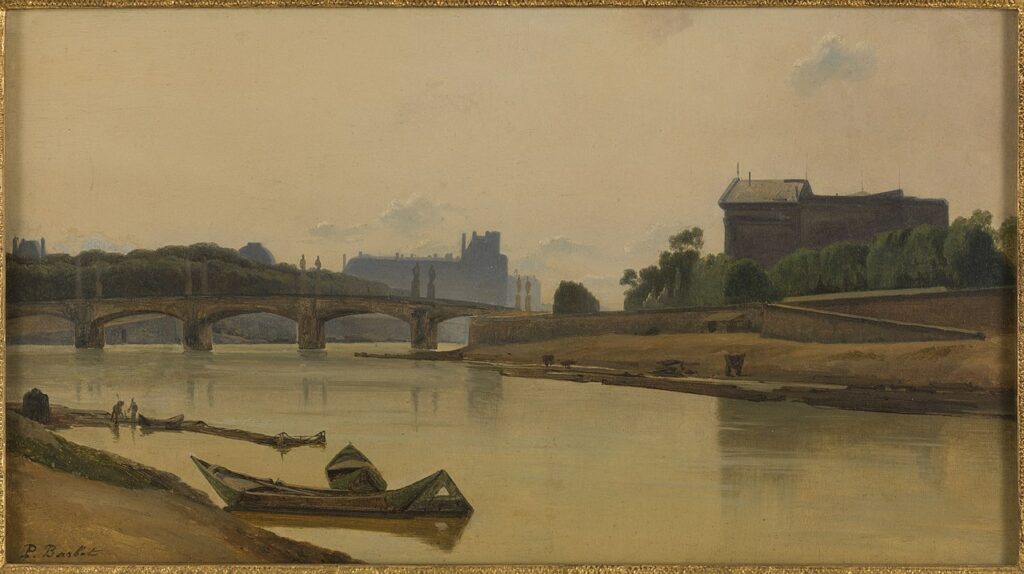
6. Pont au Change
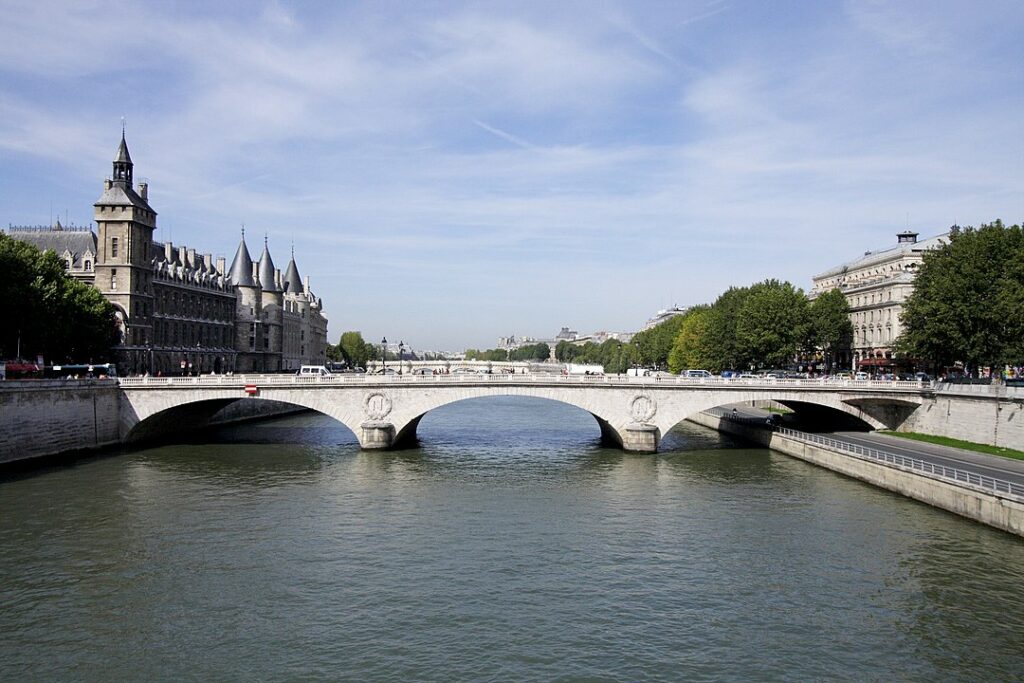
Le Pont au Change dates back to the 9th century and was rebuilt in 1860. It connects Île de la Cité to the Right Bank. It was originally used by money changers, thus its name. Located near the Conciergerie and Notre-Dame, it has long been a central part of Paris.
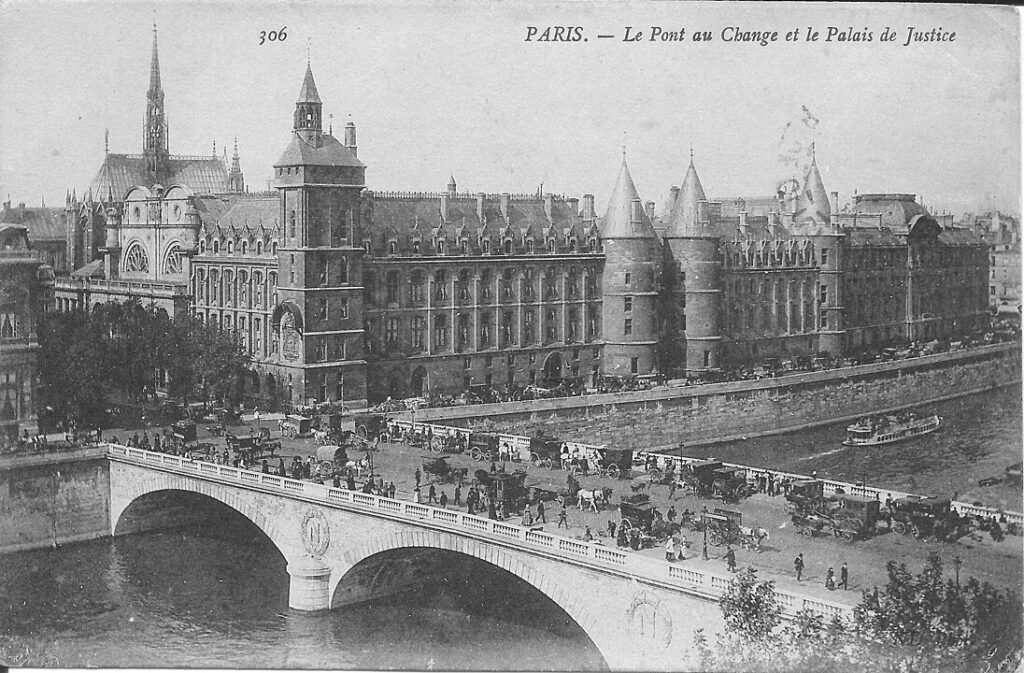
7. Pont Saint-Michel
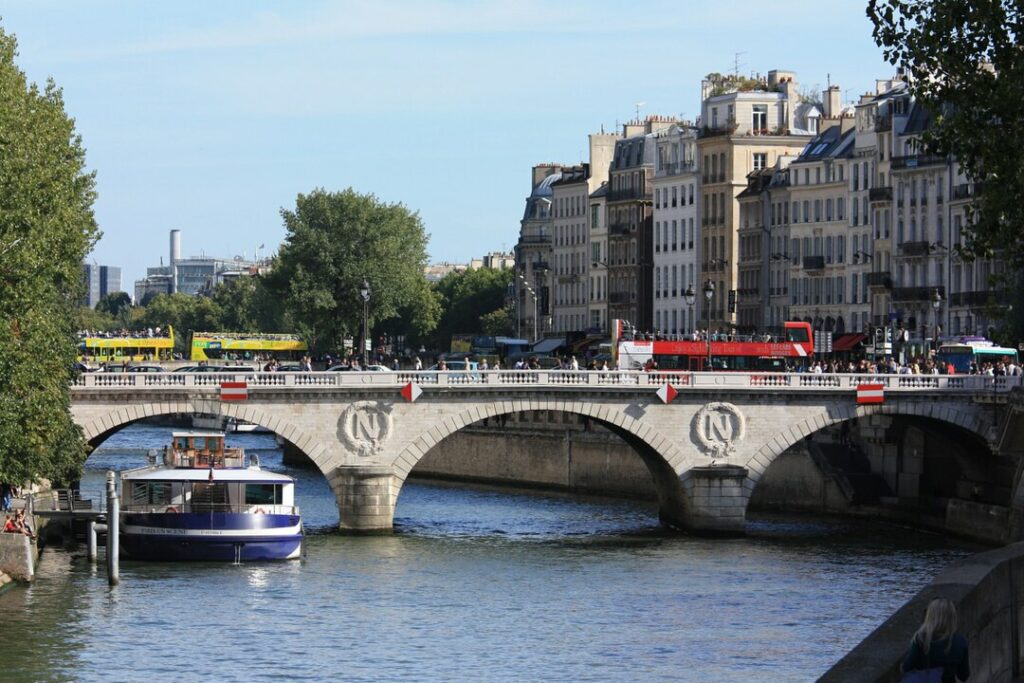
Originally built in the 14th century and rebuilt several times, Pont Saint-Michel links Île de la Cité to the Left Bank. It is located near the famous Latin Quarter and Notre-Dame Cathedral. The bridge has been a crucial crossing point in Paris for centuries.
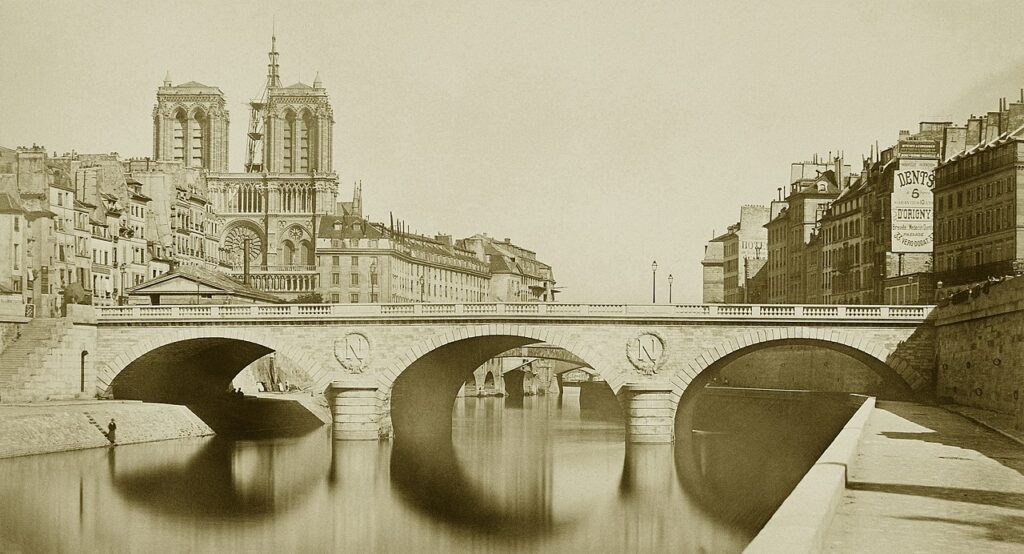
8. Pont d’Arcole
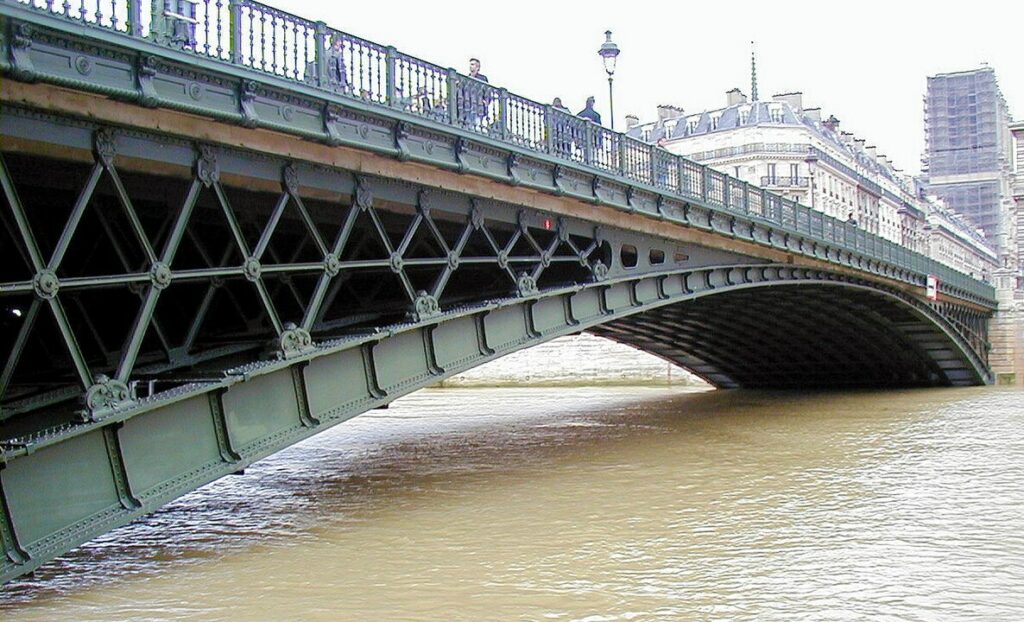
This bridge was completed in 1856. It connects l’Île de la Cité to the Right Bank. It is named after the Battle of Arcole, a French Revolutionary War victory. The bridge boasts a slender design and was the first in Paris built entirely without support from the riverbed.
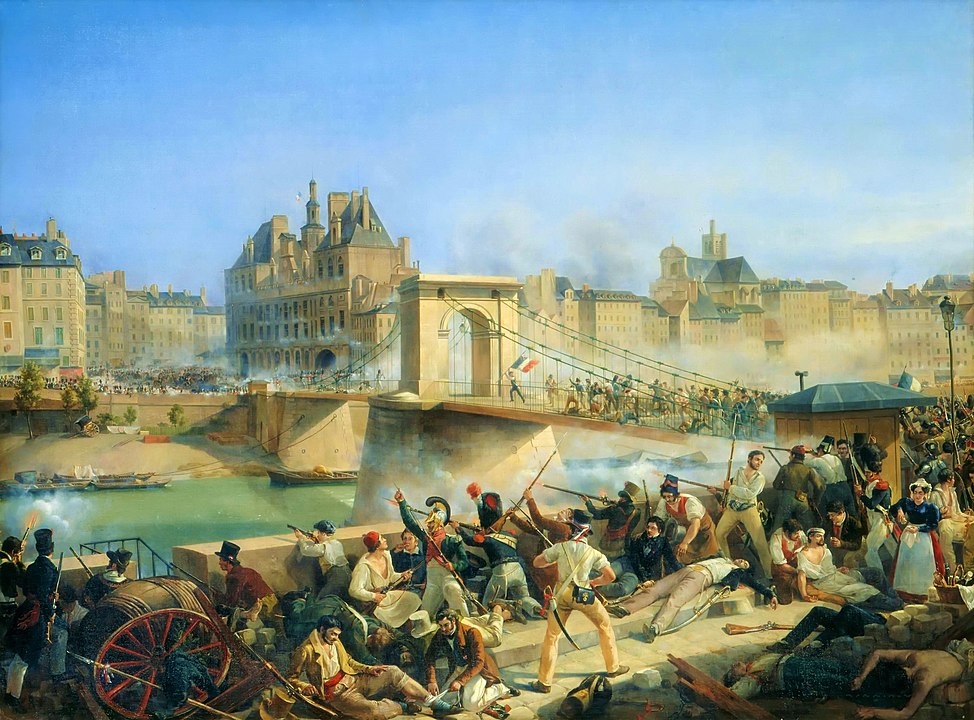
9. Pont Alexandre III
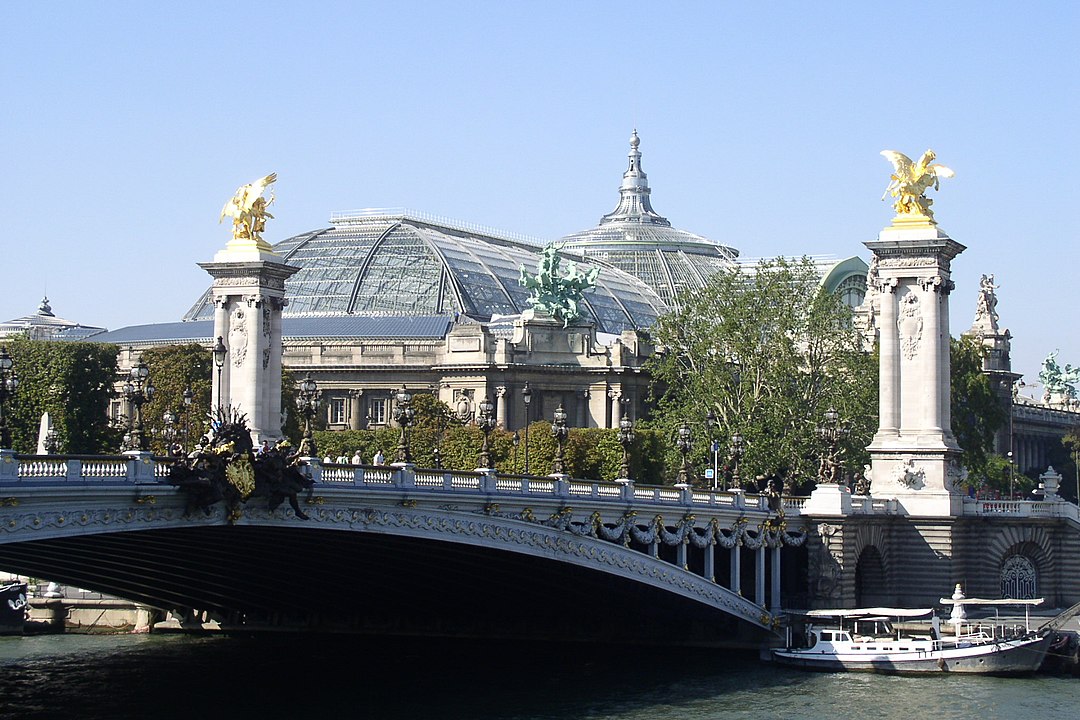
Completed in 1900 for the Exposition Universelle, Pont Alexandre III is one of the most ornate bridges in Paris. It connects the Champs-Élysées to the Invalides. It features an extravagant Art Nouveau design and sculptures of nymphs, angels, and golden statues. These decorations symbolize Franco-Russian friendship, and the bridge was named after Tsar Alexander III of Russia.
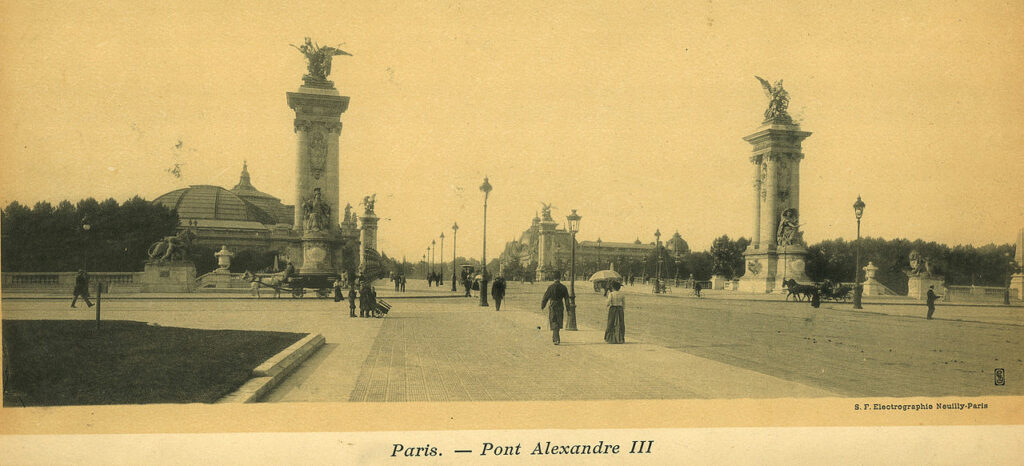
10. Pont de Bir-Hakeim
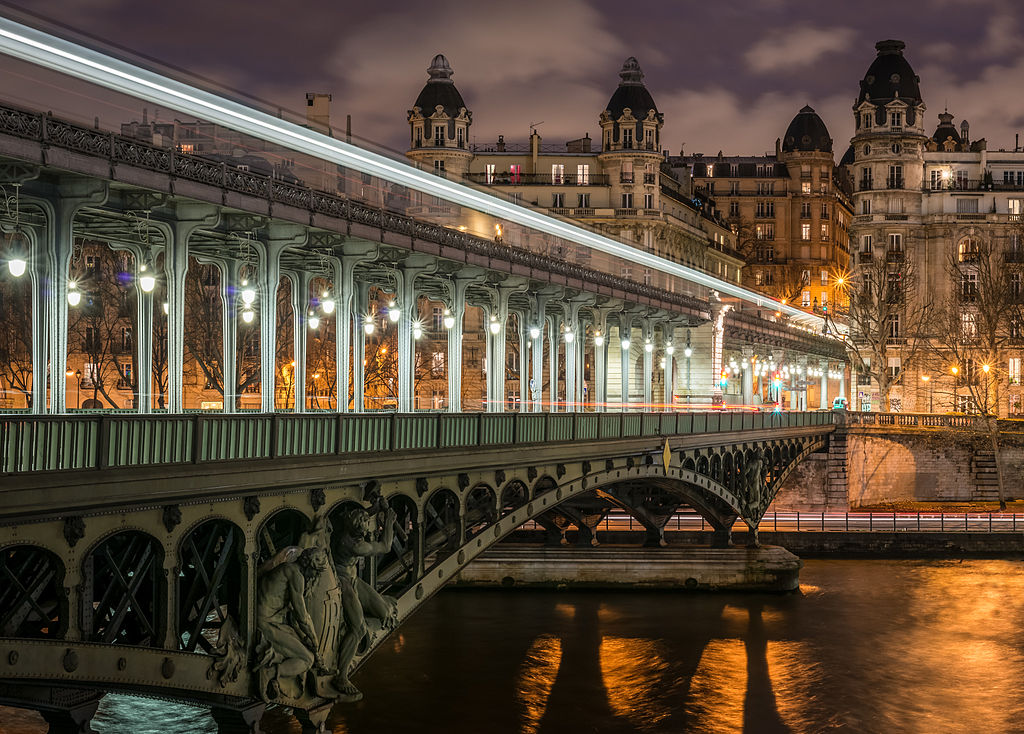
Completed in 1905, this is a two-level bridge connecting the Left and Right Banks near the Eiffel Tower. Named after a World War II battle, it has a unique double-decker design, with the upper level carrying the metro while the lower level is for vehicles and pedestrians. it offers impressive views of the Eiffel Tower.
